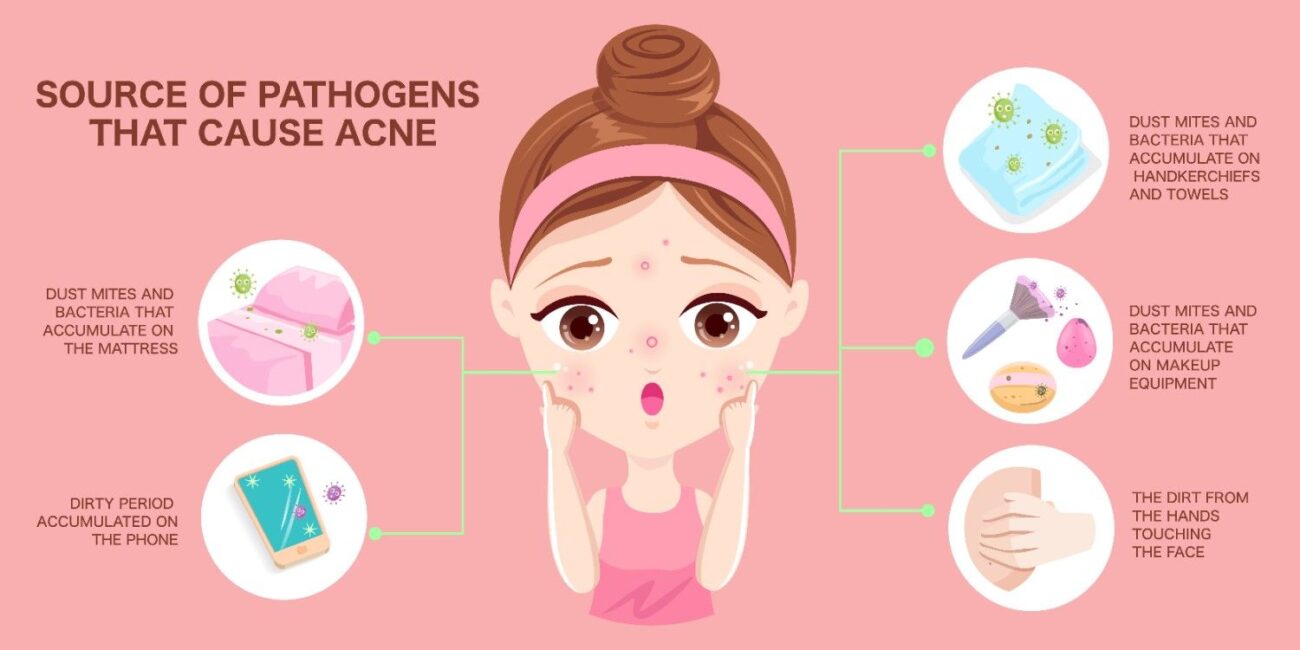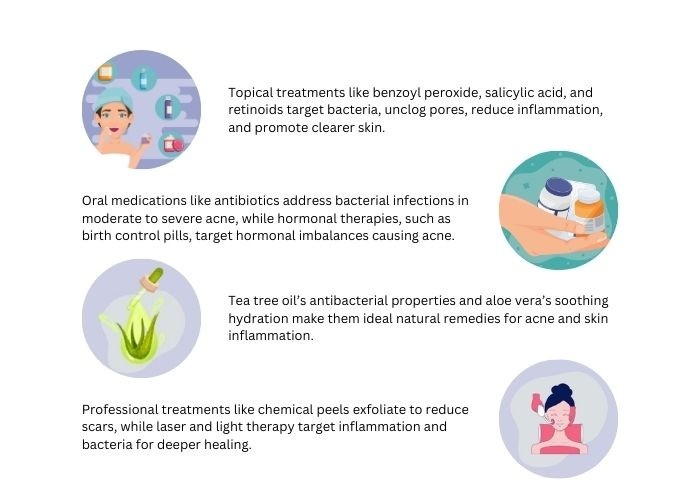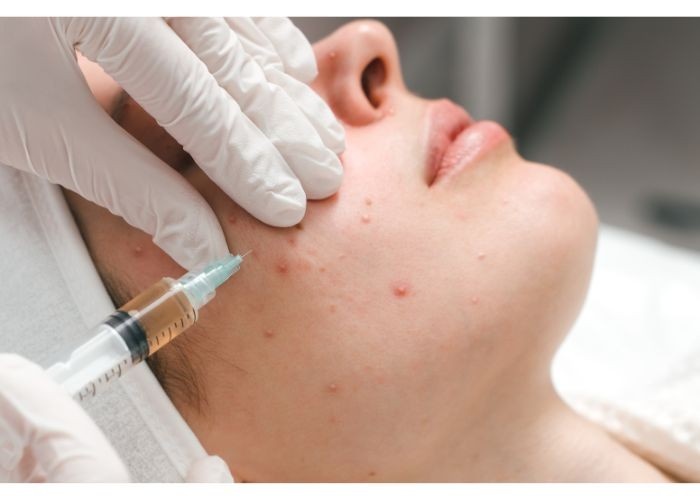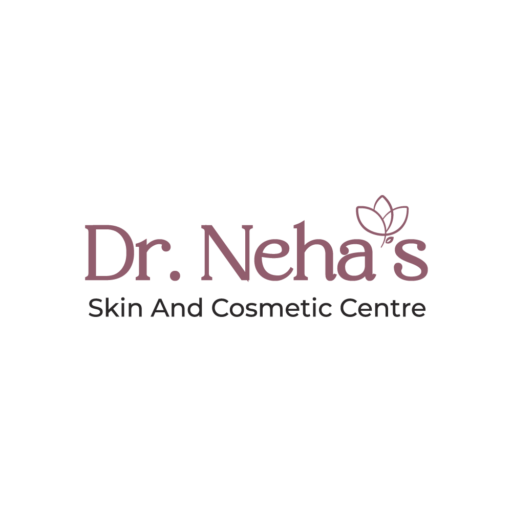Blog
Acne is a common skin condition that affects individuals of all ages, but it is especially prevalent during adolescence. Whether dealing with occasional breakouts or persistent acne, understanding the condition and the available treatments can help manage and alleviate its effects. In this blog, we’ll delve into what acne is, its underlying causes, and how various treatments can assist.
What Is Acne?
Acne is a skin condition that arises when hair follicles become clogged with oil and dead skin cells. This blockage can result in pimples, blackheads, whiteheads, and in some cases, more severe forms like cystic acne. Acne typically manifests on the face, neck, chest, back, and shoulders, areas where oil-producing glands are more concentrated.
Causes of Acne
Several factors contribute to the onset of acne:

Excess Oil Production: The sebaceous glands produce oil (sebum) to keep the skin hydrated. When there is an overproduction of sebum, it can clog pores, leading to acne.
Dead Skin Cells: Ineffective shedding of dead skin cells can lead to their accumulation in the pores, blocking them and causing acne.
Bacteria: The presence of bacteria in clogged pores can result in infection and inflammation, which appears as pimples.
Hormonal Changes: Fluctuations in hormones, particularly during puberty, menstruation, pregnancy, and periods of stress, can trigger increased oil production, contributing to acne.
Inflammation: Inflammatory acne, such as cystic acne, occurs due to deeper blockages and irritation of the skin, resulting in painful breakouts.
Genetics: A family history of acne may heighten the likelihood of developing the condition due to genetic predispositions.
Types of Acne Treatments
Managing acne often requires a combination of treatments tailored to the severity of the condition. Here’s how they function:

- Topical Treatments
Benzoyl Peroxide: This treatment helps reduce bacteria on the skin and unclogs pores. It also possesses anti-inflammatory properties, making it effective for mild to moderate acne.
Salicylic Acid: This exfoliating agent helps clear away dead skin cells while also reducing inflammation and oil production.
Retinoids: Derived from Vitamin A, these compounds promote skin cell turnover, help unclog pores, and prevent the formation of new acne.
- Oral Medications
Antibiotics: These medications are prescribed to treat bacterial infections linked to acne, typically for moderate to severe cases.
Hormonal Therapies: For those dealing with hormonal acne, treatments such as birth control pills or medications that help regulate hormonal levels can be effective.
- Natural Remedies and Skincare Products
Tea Tree Oil: Renowned for its antibacterial and anti-inflammatory properties, it is frequently used in natural acne treatments.
Aloe Vera: With its soothing and healing qualities, it aids in reducing inflammation and moisturizing the skin.
- Professional Treatments
Chemical Peels: These treatments deeply exfoliate the skin, helping to diminish acne scars and blemishes.
Laser and Light Therapy: This approach targets inflammation and bacteria at a deeper level and is often recommended for more severe cases.
How Acne Treatments Work

Reducing Inflammation: Many treatments focus on calming the skin and alleviating redness associated with breakouts.
Eliminating Bacteria: Both topical and oral antibiotics work to kill the bacteria that cause acne, helping to prevent infections.
Unclogging Pores: By decreasing excess oil and promoting cell turnover, treatments assist in clearing clogged pores.
Balancing Hormones: Hormonal treatments address imbalances that contribute to acne.
Conclusion
Acne treatment is not a one-size-fits-all solution. Depending on the type and severity of acne, various methods are employed to manage and treat it effectively. Whether through topical creams, oral medications, or professional treatments, tackling acne requires a blend of patience, the right skincare routine, and professional advice when needed. Always consult a dermatologist for the best approach tailored to your skin’s unique needs.
Frequently Asked Questions (FAQs)
1. Can acne go away on its own?
Yes, acne can resolve on its own, especially if it is mild. However, persistent or severe acne often requires treatment to prevent scarring and manage breakouts.
2. How long does it take for acne treatments to work?
The time frame varies depending on the treatment and severity of the acne. Most treatments take 4-8 weeks to show significant improvement.
3. Are natural remedies effective for acne?
Natural remedies like tea tree oil and aloe vera can help manage mild acne but may not be sufficient for severe cases. Always patch-test new products and consult a dermatologist.
4. Can diet impact acne?
While diet alone is not the sole cause of acne, certain foods with a high glycemic index or dairy products may exacerbate the condition in some individuals. Maintaining a balanced diet can help support skin health.
5. Is it safe to pop pimples?
No, popping pimples can worsen inflammation, cause infection, and lead to scarring. It’s best to leave extractions to skincare professionals.
6. When should I see a dermatologist?
You should consult a dermatologist if your acne is severe, persistent, or not responding to over-the-counter treatments. They can recommend tailored solutions for your skin type and condition.
